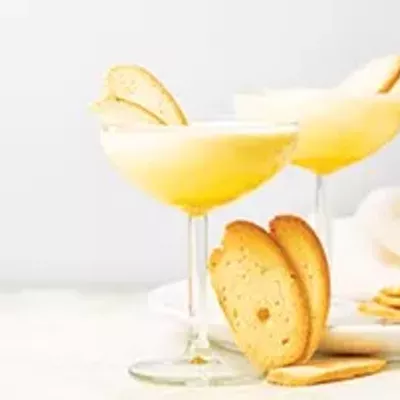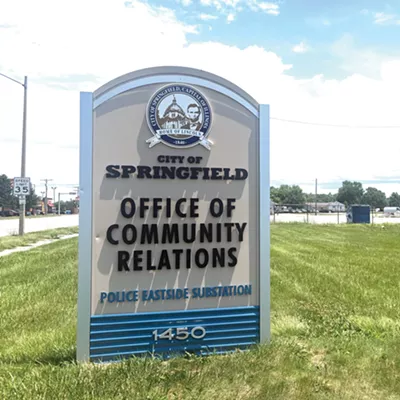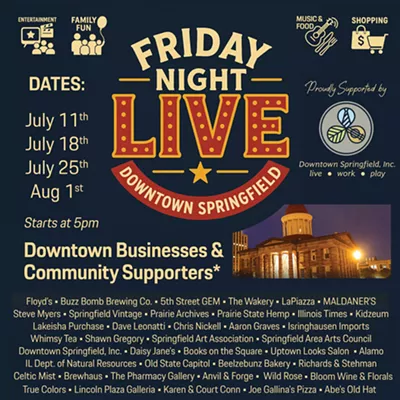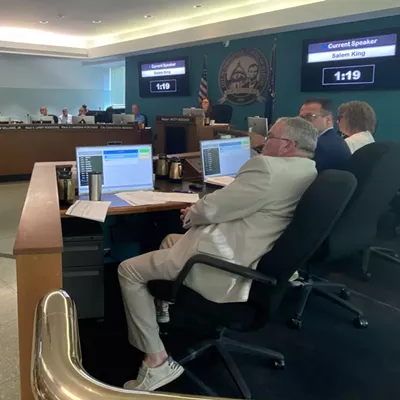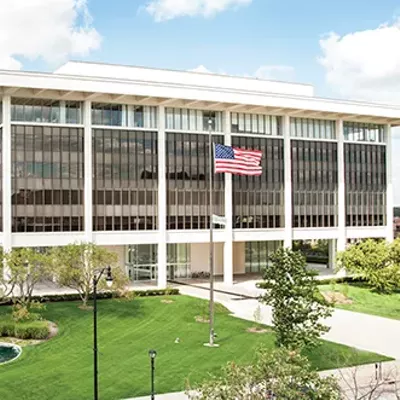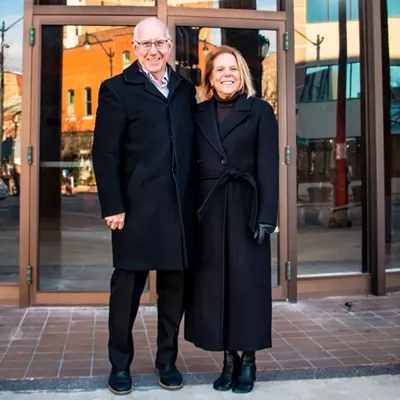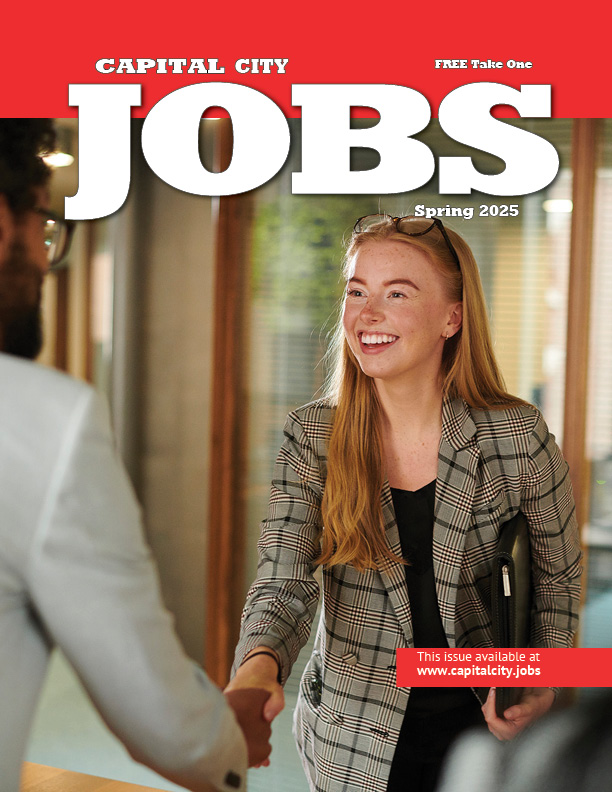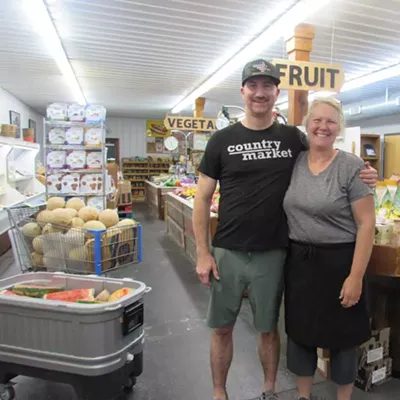For nearly 40 years the percentage of American adults who consume alcohol has consistently remained in the low 60s. However, over the past two decades, Gallup reports that alcohol consumption has been steadily declining amongst younger adults aged 18 to 34. Indeed, specialty non-alcoholic (NA) drink offerings have become commonplace in both fine dining restaurants and neighborhood bars, often with prices comparable to their alcoholic counterparts.
While the NA category has been growing in recent years, the concept of NA alternatives is more than a century old. Dealcoholized wine was first developed in Germany in 1900, and that country continues to drive innovation today. The variety and quality of NA wine, beer and spirits is increasing at a rapid rate and consumers are taking notice. According to Nielsen, total NA beverage sales in the US was $510 million in 2023, up from $121 million in the year prior.
“Honestly, the NA category is growing the fastest,” said Kate Donnell, a sales representative for Heartland Beverage company. “Beer will always be our bread and butter, but especially in January, NA products are surging.” She noted that it’s hard to even keep them in stock sometimes. “NA products are also increasingly popular at music venues and bars where people want to go for community and still be able to enjoy a beverage, without ‘looking sober’ or inviting unwanted questions,” she said.
The quality of NA beer, wine and even spirits has drastically improved in recent years and people are often surprised that NA beverages and cocktails are not any cheaper than their alcoholic counterparts. “What’s expensive about beer isn’t the alcohol,” Donnell explained. “It’s the ingredients that go in it. Grain and hops costs have increased, especially with some of the supply issues that are a direct result of the war in Ukraine. Water is the No. 1 ingredient in beer and the cost of water, in Chicago-area breweries for example, is skyrocketing.
“It might surprise people that NA products are not less expensive, but it’s the same ingredients, and often it's more expensive to produce because there’s a lot of cutting-edge technology that goes into making these products delicious, safe and shelf stable,” she said.
Interestingly, approximately 85% of people who purchase NA beverages also regularly consume alcohol. “Personally, when I’m out at an event, I’ll often have a full-strength beer and then I’ll sandwich it with some NA beers so I can stay out longer,” said Donnell. Then at the end of the night I’ve only had two drinks over the course of four hours, so I’m good to drive.”
In addition to specialty NA drink menus, “dry bars” are becoming increasingly popular, both in the U.S. and UK. Elizabeth Wake opened The Wakery in downtown Springfield last April.
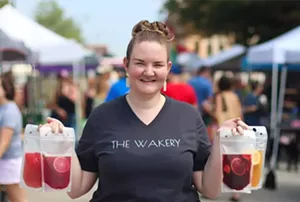
Her interest and awareness of NA beverages began during her pregnancy. “I was looking for alternatives beyond sodas and seltzer with lime. There was such a lack of choices, so I started looking into NA options, and I discovered that this was a need not just for those who are pregnant, but that there are lots of reasons to not drink. Or maybe you've been drinking and want to stay out but you don’t want to continue drinking past your limit,” she pointed out. “I grew up here and want this city to flourish, so if there’s a need that I can meet, I’ll give it a go.”
Wake conducted an extensive online survey and received more than 2,000 positive responses from people saying they were interested in supporting such an enterprise. A successful Kickstarter campaign and Isringhausen Drive Grant have helped to grow the business from a popular stand at the Old Capitol Farmers Market to a bustling space where people can gather.
The Wakery is open until 11 p.m. and also serves coffee. “I like to describe us as a coffee house rather than a coffee shop, because while we do offer to-go, we’re more of a place to stay a while, do homework, bring a date or read a book,” Wake said.
The Wakery has a full calendar of events for the month of January. “We’ve got bingo, speed-friending, a Harry Potter-themed catered dinner,” said Wake. “There’s something different every day that we’re open in January so that people realize that there’s still plenty of fun to be had without being surrounded by alcohol. It’s not the alcohol that makes it fun.”


